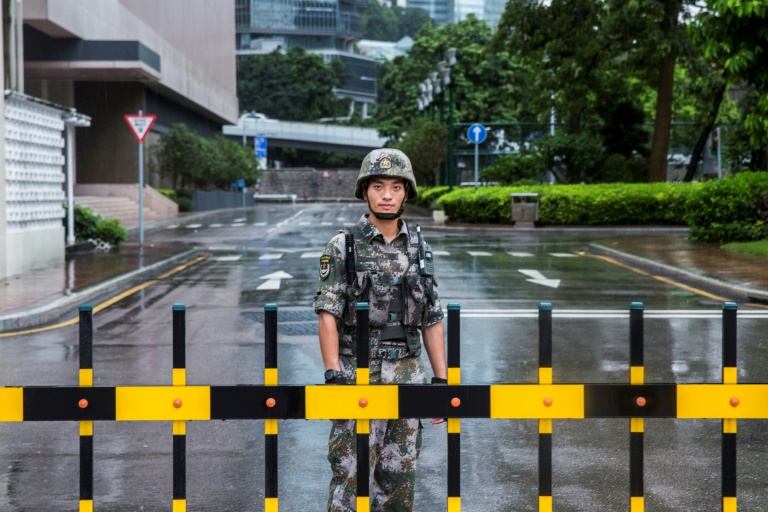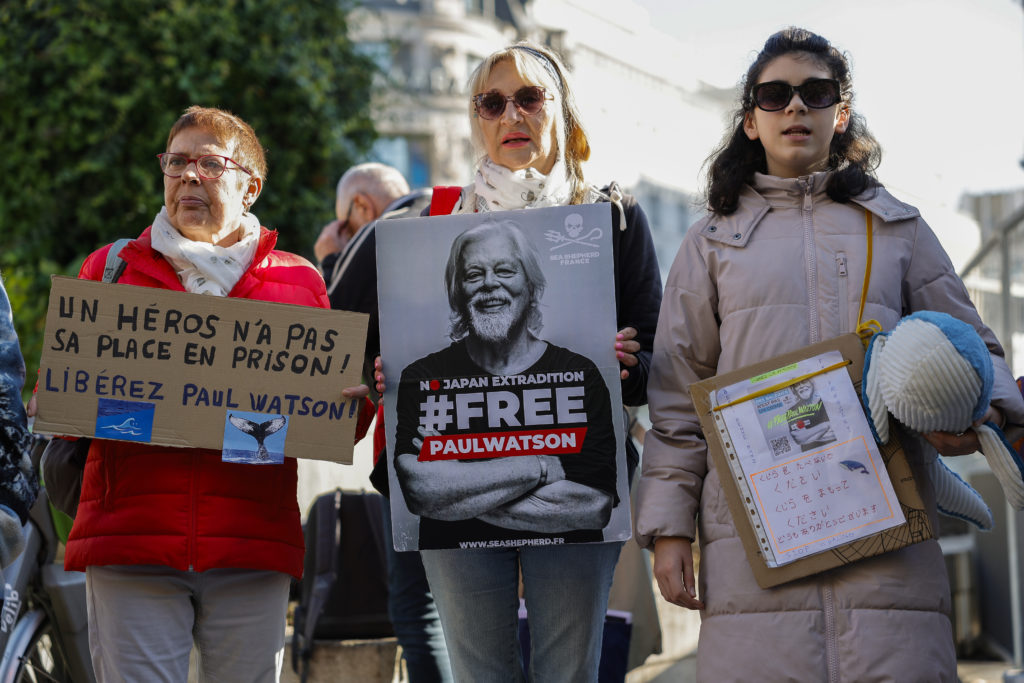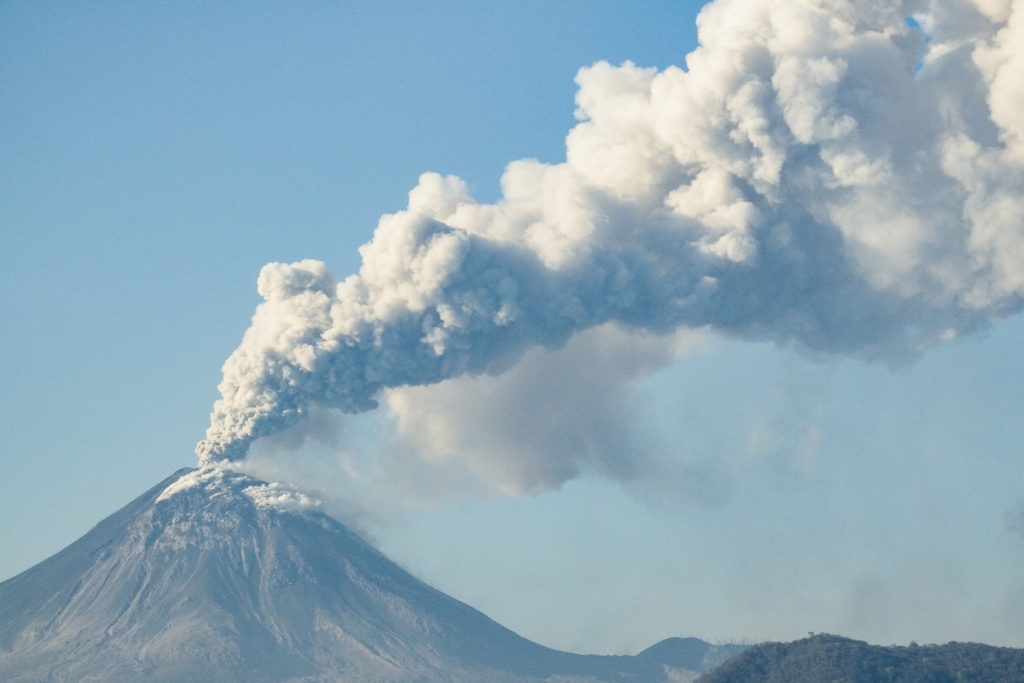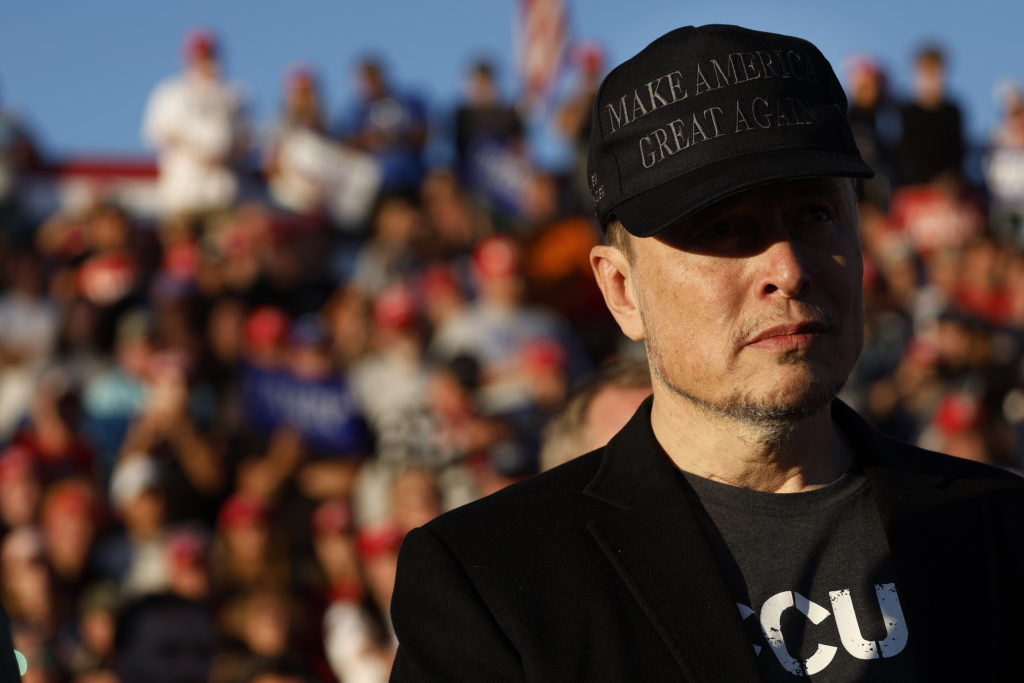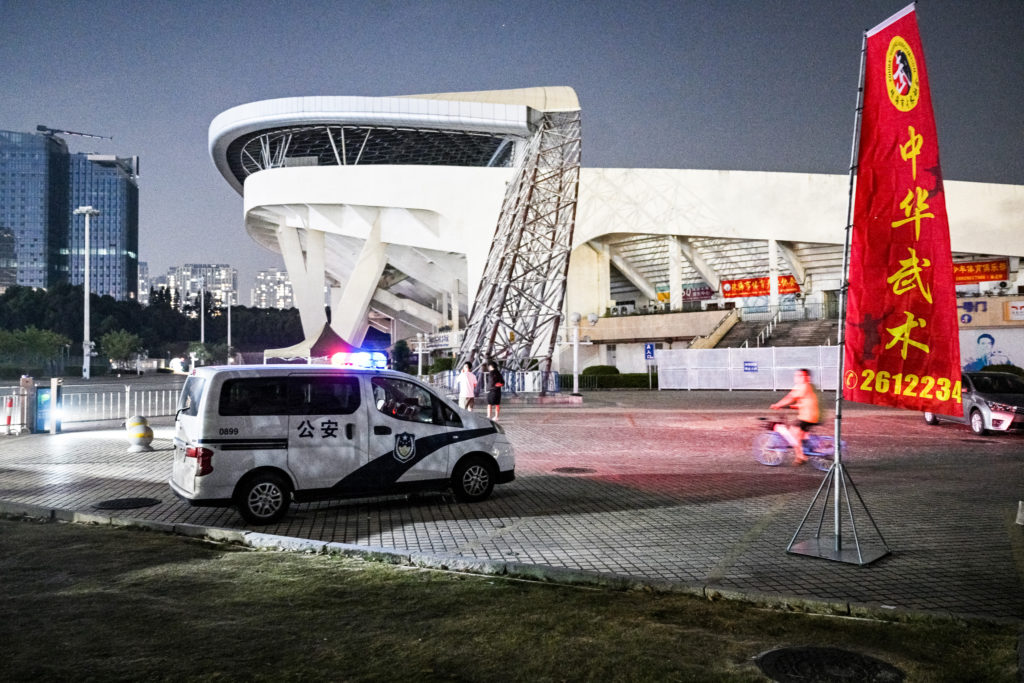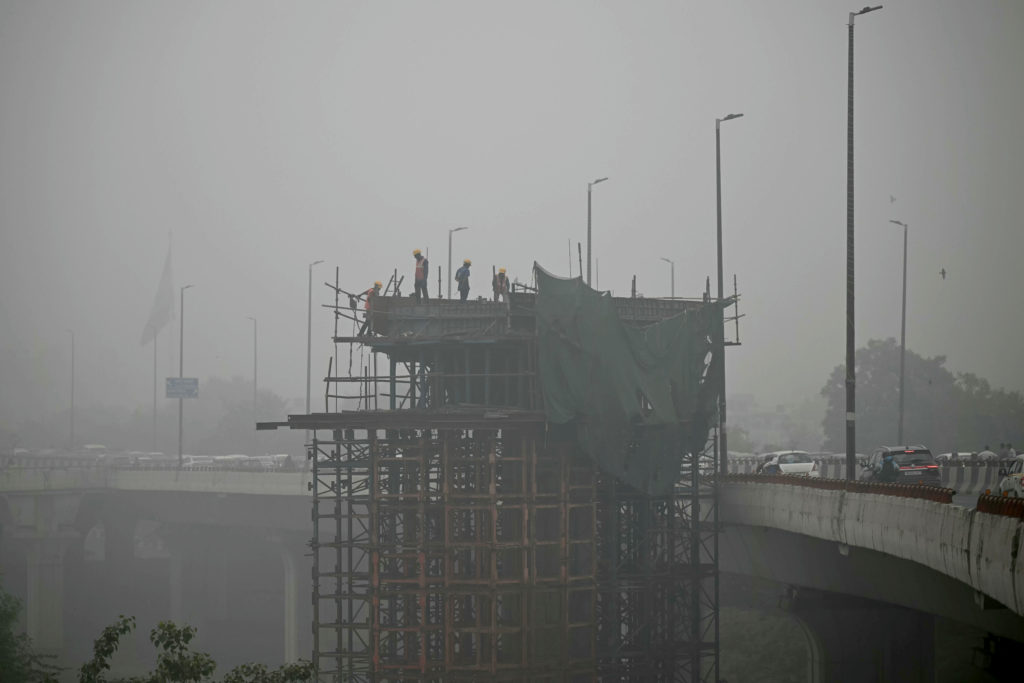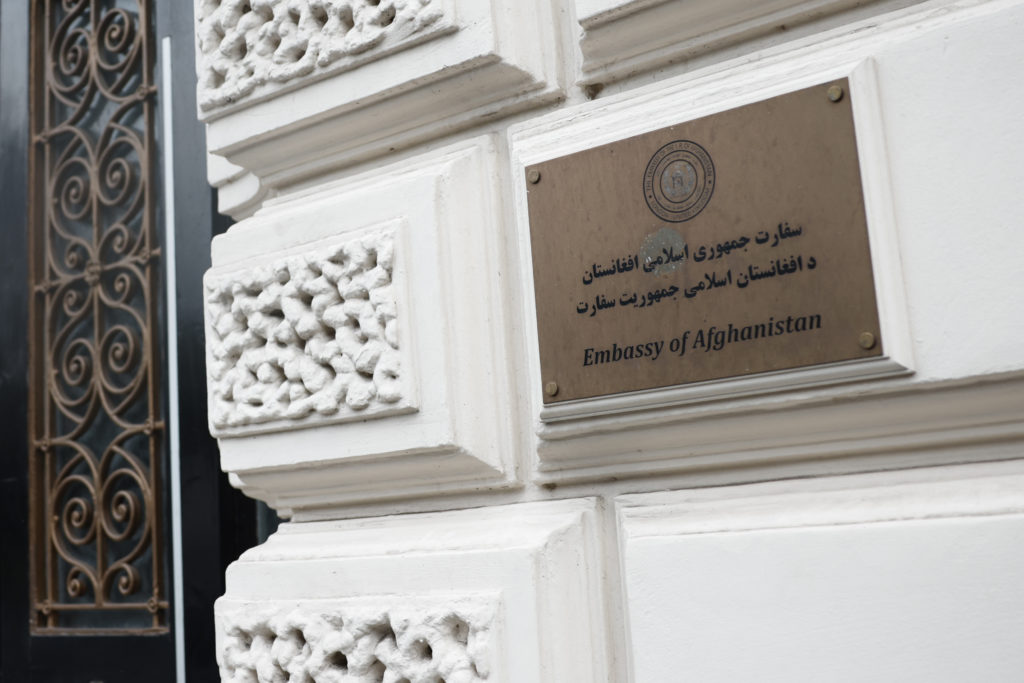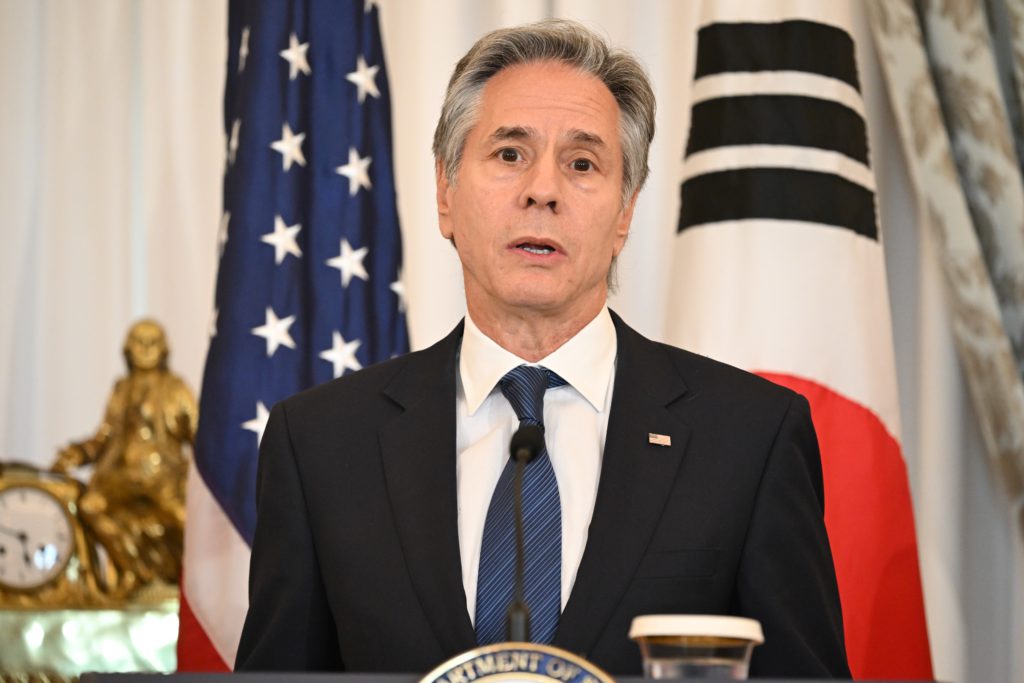A general who led China’s anti-terrorism special forces in Xinjiang has been promoted to head the People’s Liberation Army in Hong Kong, state media has reported.
China has been accused by Washington of genocide in Xinjiang, a far-western region where human rights campaigners say authorities have detained vast numbers of Uyghurs and other Muslim minorities in camps and are stamping out their culture.
The Hong Kong appointment comes as Beijing remoulds the international business hub in its own authoritarian image after huge and sometimes violent democracy protests in 2019.
Chinese President Xi Jinping appointed Major General Peng Jingtang, deputy chief of staff of the People’s Armed Police, as the Hong Kong garrison’s commander, China’s official Xinhua news agency announced Sunday.
Under the city’s mini-constitution, Hong Kong has its own police force but China has maintained military barracks there since the 1997 handover when colonial Britain’s own forces left.
A new national security law has also empowered the mainland’s security agents to operate openly in the city.
Among the few details released on state media about Peng’s career was his former post as the chief of staff of the Armed Police Corps in Xinjiang, part of China’s paramilitary police force.
Three years ago, Reference News — a branch of Xinhua — reported that a new special force called Mountain Eagle Commando had been formed in Xinjiang “for the anti-terrorism needs in the region and across China”.
Peng was quoted in the report as being the force’s leader.
“Every single bullet of ours is aiming at the battlefield,” he was quoted as saying, alongside revealing that the ammunition spent by the force in training over a single year was three times what other units use.
– Genocide charges –
China has imposed a security crackdown on Xinjiang in recent years, in response to ethnic riots in the region’s capital that were followed by Uyghur militant attacks.
That clampdown included the dense deployment of paramilitary forces and the installation of massive surveillance systems, to stamp out what the ruling Communist Party described as widespread Islamist extremism and separatism in the region.
Human rights groups say at least one million Uyghurs and other Turkic-speaking, mostly Muslim minorities have been detained in Xinjiang camps alongside a deliberate campaign to assimilate the minority group’s religion, language and culture.
After initially denying the existence of the camps, China defended them as vocational training centres aimed at reducing the appeal of Islamic extremism.
Beijing denies allegations of genocide.
– More visible –
Peng will replace Chen Daoxiang, who is reaching the age of retirement.
Under Chen’s leadership, PLA soldiers have become more visible in Hong Kong.
During the 2019 protests, they cleared debris following a clash between demonstrators and police. They have also held frequent drills simulating crowd control and anti-terrorism operations.
China’s leadership has dismissed Hong Kong’s huge democracy rallies, portraying the movement as “local terrorism” and separatism, rhetoric similar to that used for Xinjiang.
Dozens of prominent democracy campaigners are in jail on national security charges.
Mainland security agents moved into a Hong Kong hotel soon after Beijing’s security law was imposed, and they are currently building a new permanent headquarters.
A new national security committee featuring senior mainland officials has been set up to advise Hong Kong’s government.
Veterans of the city’s security services have also become more prominent within the government.
Hong Kong’s de facto deputy leader John Lee is a former police officer while current security chief Chris Tang is a former police chief who oversaw the end of the 2019 democracy protests.

